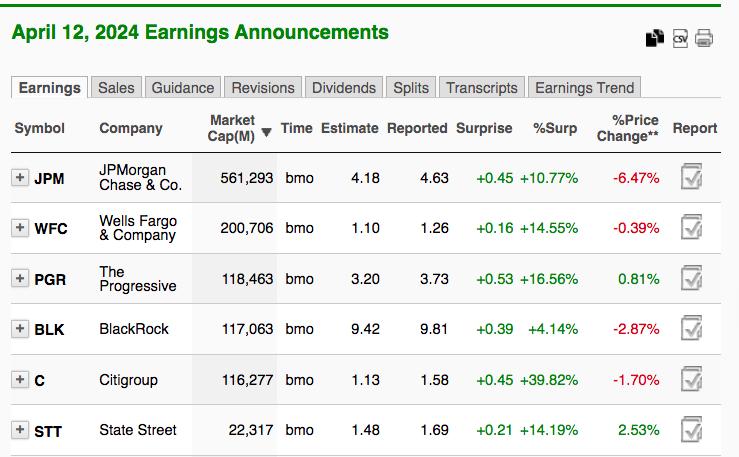In the world of finance, signals and indicators play a crucial role in guiding investors and analysts in making informed decisions. One such indicator that often garners significant attention is the financial health of a company. When the financials of a firm start sending warning signals, it is essential for stakeholders to pay heed and take necessary actions to mitigate risks and safeguard their investments.
The financial statements of a company, including the balance sheet, income statement, and cash flow statement, provide a comprehensive view of its economic health. These documents reveal critical information about the company’s assets, liabilities, revenues, expenses, and the overall performance of the business. By analyzing these financial statements, investors and analysts can assess the company’s profitability, liquidity, leverage, and operational efficiency.
One of the key warning signals that investors should watch out for is a deteriorating trend in key financial ratios. For instance, a declining profitability ratio, such as the return on investment (ROI) or profit margin, may indicate that the company is facing challenges in generating sustainable profits. Similarly, a deteriorating liquidity ratio, like the current ratio or quick ratio, could suggest that the company may struggle to meet its short-term obligations.
Another important warning signal in financials is a significant increase in debt levels. High levels of debt can pose a risk to a company’s financial stability, especially if the company struggles to generate enough cash flow to service its debt obligations. Excessive debt can lead to financial distress, credit downgrades, and even bankruptcy in severe cases.
Furthermore, irregularities or inconsistencies in financial reporting can also raise red flags for investors. Instances of accounting fraud, earnings manipulation, or material misstatements in financial statements can erode investor confidence and signal potential financial troubles within the company.
In addition to financial statements, investors should also pay attention to external factors that can impact a company’s financial health. Economic conditions, industry trends, regulatory changes, and competitive pressures are external factors that can influence a company’s financial performance and stability.
In conclusion, monitoring the financial health of a company is essential for investors and stakeholders to make informed decisions and manage risks effectively. By staying vigilant and recognizing warning signals in financials, investors can protect their investments and navigate turbulent economic environments successfully. It is imperative for investors to conduct thorough due diligence, seek guidance from financial experts, and stay informed about market trends to make sound investment decisions in the ever-changing financial landscape.

